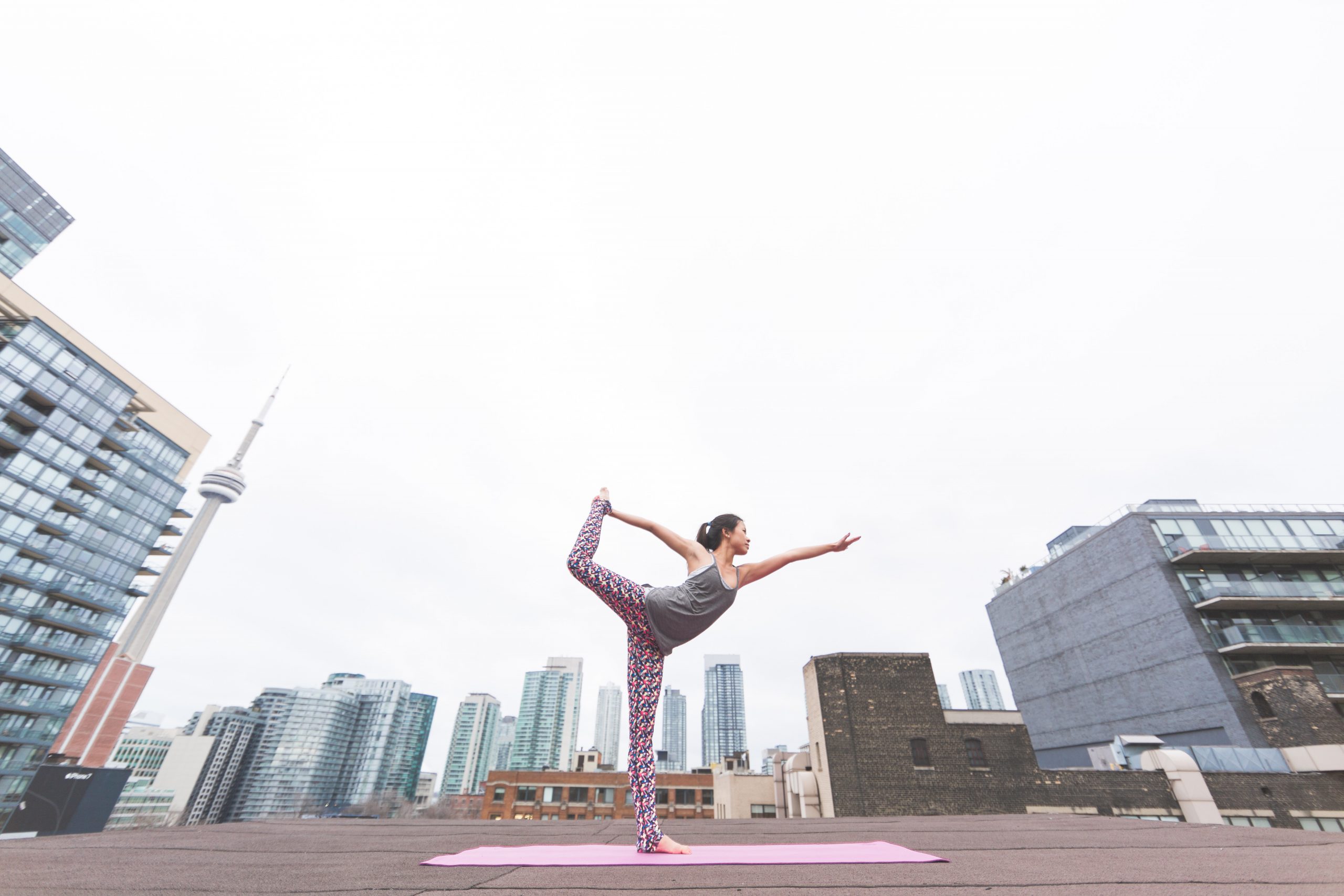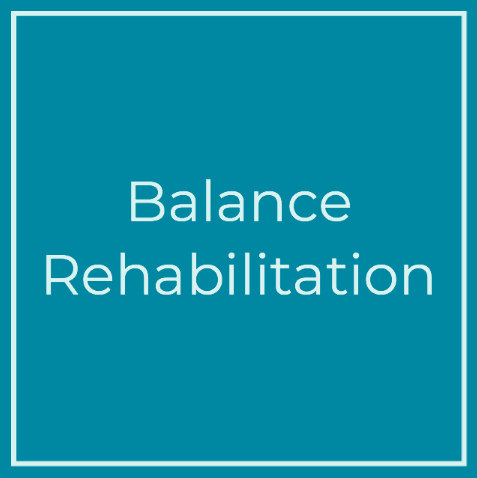
Do you ever feel dizzy or off-balance?
Do certain movements bring on your symptoms (such as rolling over in bed)?
Is this stopping you from doing the things you want to do?
30% of the UK population experiences dizziness and/or imbalance before the age of 65 and 25% of the population is experiencing dizziness at any given time. It is the most common reason for those over the age of 75 to visit their GP.
In many cases the cause of the dizziness and/or imbalance is a vestibular (inner ear balance) disorder. Over 5% of the population are estimated to suffer from a vestibular disorder every year.
Although the ability to balance is a complex function of the human body, it is usually so automatic that we tend to take it for granted. However when something goes wrong with our balance it can have a big impact on our ability to carry out normal day-to-day tasks or activities. In some cases this can lead to withdrawal from social and work activities and can affect our mood, memory and concentration.
Our brain controls our body to keep us balanced by using information from three main systems: our eyes, our feet, and our vestibular system. When something goes wrong with the function of the vestibular system it can cause unsteadiness or vertigo. Vertigo is a sensation that you or your surroundings are moving. Often the vertigo is brought on by quick head or body movements.
Medication is not an effective treatment for most vestibular disorders. We can help by offering a personalised treatment plan of exercises or therapy to reduce the day-to-day symptoms and allow you to return to an active life.
The Ménière’s Society is an independent charity which offers advice and support for those suffering from vestibular disorders.
[Facts and figures from Department of Health]
“Life is like riding a bicycle. To keep your balance
Albert einstein
you must keep moving”


